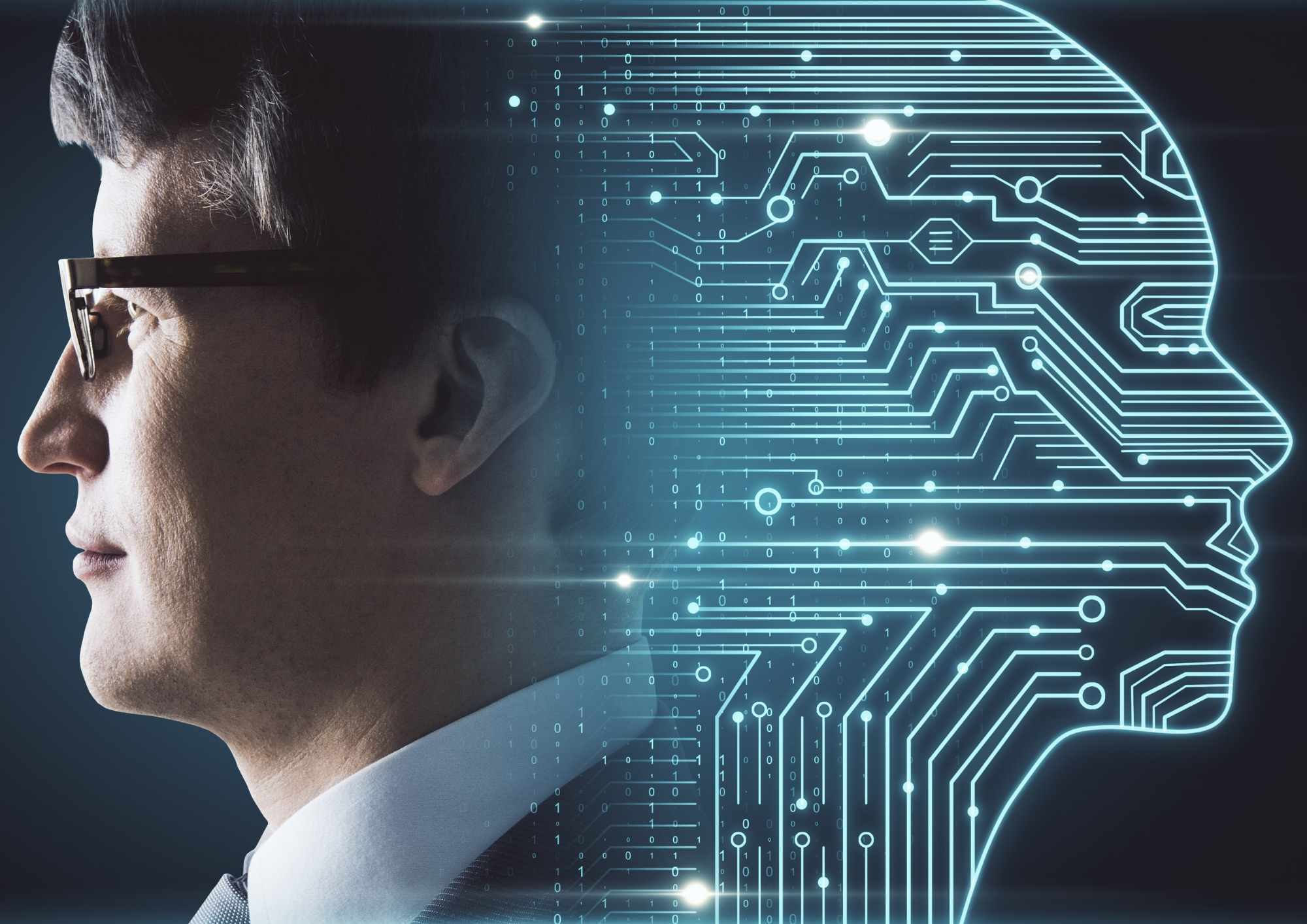
The Ripple Effect of AI Bias and Its Impact on Society
Introduction:
Artificial
Intelligence (AI) is no longer a future concept; it's deeply ingrained in our
present reality. AI systems are making decisions that influence various aspects of
our lives, from employment and healthcare to criminal justice and education. As
these systems become increasingly integrated into the fabric of our society, there's
a looming concern that accompanies this AI revolution - the presence of bias in
these algorithms and the wide-reaching ripple effect it creates throughout society.
Artificial Intelligence, often heralded for its potential to make objective, data-driven decisions, is not immune to the very biases it was designed to overcome. AI systems, as advanced and complex as they are, can inherit and propagate societal prejudices that are present in the data used for their training. These biases can surface in the form of racial, gender, or socioeconomic disparities, which can influence critical decisions made by AI systems. In turn, this raises questions about fairness, accountability, and the societal impact of these systems.
This blog will explore the intricate web of AI bias, dissecting the various areas where it manifests and the consequences it spawns. We will delve into its impact on employment, healthcare, criminal justice, education, economic disparities, media, and public perception. Understanding the far-reaching implications of AI bias is crucial in our quest to build more equitable AI systems and ensure that the benefits of AI are distributed justly.
Impact on Employment
One of the significant consequences of AI bias is its influence on employment. AI-driven hiring and recruitment tools, if not properly designed, can perpetuate biases that already exist in the workplace. For instance, an AI system favoring certain demographic groups can exacerbate hiring disparities, limiting opportunities for others.
Healthcare Disparities
AI is playing an increasingly critical role in healthcare, from diagnostic tools to treatment recommendations. However, if the data used to train these systems is biased, it can lead to disparities in healthcare delivery. Misdiagnoses or treatment recommendations that favor one group over another can have severe consequences for patient outcomes.
Criminal Justice and Fairness
AI is being employed in criminal justice for risk assessment, parole decisions, and predictive policing. However, if these systems are not rigorously designed, they can perpetuate existing biases. Biased AI algorithms can lead to disproportionate arrests and sentencing, further straining issues related to fairness and justice.
Education and Opportunities
AI bias can influence the opportunities available to students. It can affect admissions and scholarship decisions, exacerbating educational inequalities. For instance, a biased algorithm might unfairly favor certain groups in university admissions, limiting opportunities for underrepresented communities.
Economic and Social Disparities
The economic effects of AI bias are significant. Inaccurate credit scoring, biased lending decisions, and discriminatory pricing models can further widen economic disparities. Access to financial services and fair economic opportunities can be restricted due to these biases.
Media and Perception
AI algorithms also play a role in shaping media content and information distribution. If these algorithms have biases, they can reinforce existing stereotypes and polarize viewpoints, affecting societal perceptions and discourse.
Mitigating AI Bias
Recognizing the ripple effect of AI bias is only the beginning. The good news is that efforts are underway to mitigate these biases. This involves improving the quality and diversity of training data, implementing fairness-aware algorithms, and rigorous testing and auditing of AI systems for bias.
Conclusion
The ripple effect of AI bias is real, and its impact on society is far-reaching. From employment and healthcare to criminal justice and education, the consequences of biased AI algorithms can be profound. Awareness and action are essential to minimize these effects, fostering a more equitable and inclusive future where AI benefits all of humanity.
Full Stack Development Courses in Different Cities
- Srinagar
- Bangalore
- Gujarat
- Haryana
- Punjab
- Delhi
- Chandigarh
- Maharashtra
- Tamil Nadu
- Telangana
- Ahmedabad
- Jaipur
- Indore
- Hyderabad
- Mumbai
- Agartala
- Agra
- Allahabad
- Amritsar
- Aurangabad
- Bhopal
- Bhubaneswar
- Chennai
- Coimbatore
- Dehradun
- Dhanbad
- Dharwad
- Faridabad
- Gandhinagar
- Ghaziabad
- Gurgaon
- Guwahati
- Gwalior
- Howrah
- Jabalpur
- Jammu
- Jodhpur
- Kanpur
- Kolkata
- Kota
- Lucknow
- Ludhiana
- Noida
- Patna
- Pondicherry
- Pune
